Southwest Corridor Park
Southwest Corridor Park - History
Park History
In the 1950's and 1960's, plans were developed for a 12-lane
highway along the railroad right-of-way between Boston and Rte. 128,
and on into Cambridge. The residents of the affected areas, including
Jamaica Plain, Roxbury, South End, Back Bay, and Cambridge, protested
against the destruction of their neighborhoods by the planned highway.
|
In response to community protests, by 1970 Governor Francis Sargent ordered a moratorium on all new expressway construction in Greater Boston and initiated a review of expressway and transit plans in the area. By 1972, Sargent cancelled the plan for the expressway and designated the Southwest Corridor for the current mix of mass transit, open space and recreation instead.
At the time, it was described as the largest single construction project undertaken in Massachusetts. Construction started in 1979, after nine years of planning and environmental impact work. Planning for the project included over one thousand meetings with the community, to discuss station location, automobile traffic, construction materials and park design.
The new, mostly submerged, Orange Line was opened in 1987. Three years later, on May 5, 1990, the Metropolitan District Commission held an official grand opening ceremony for the corridor parkway.
When it opened, the Southwest Corridor Park received numerous awards for helping to revitalize urban living and the community spirit which is so vital to Boston's neighborhoods. Awards include the Von Moltke award for excellence in urban design, Rudy Bruner Award for Urban Excellence, and honorable recognition by the Rails to Trails Conservancy.
Press coverage, award citations and urban design case studies cited the community involvement that went into the development of the Southwest Corridor.
For example, from a Christian Science Monitor article published Feb. 24, 1989:
During this decade of meetings, the demands of each neighborhood were thrashed out. The South End, which had the corridor right in its backyard, insisted that trains be underground. Roxbury, which was slightly farther away, did not object to the trains being aboveground but wanted facilities for kids. The Jamaica Plain and South End neighborhoods ... were big on gardens.
Entering a community galvanized into action by this project, as well as the general activism of the times, was a eye-opening for some of the outside engineers who came in to work on the project, Lee says. "They began to realize it was easier to work with and accommodate the interests of these groups than to fluff them away. It went from an adversarial relationship to one of grudging cooperation to real respect."
Mr. Ocasio says the activists forced the state to reevaluate plans for the whole region, and that was the first time the federal government was willing to allocate highway dollars to rapid transit.
Similarly, in the application for the Rudy Bruner Award for Urban Excellence, the project managers emphasized the strength of community involvement in this project. A list of community organizations [shown below] that were involved in the design of the project spans the length of the corridor and includes many organizations who are still active.
What almost became a highway, is now a 4.7 mile, 50 acre linear park that stretches from Back Bay Station in Boston to Forest Hills Station in Jamaica Plain..
The Southwest Corridor Park links the neighborhoods of the South End, Back Bay, Fenway, Roxbury and Jamaica Plain with green, street-level, open space. Approximately a quarter of the parkland is decked over the railroad tracks, providing more space for grass and plantings, and such recreational facilities as 11 tot lot areas, 2 spray pools, 7 basketball courts, 5 tennis courts, 2 street hockey rinks, 2 amphitheatres, and paths for biking, jogging and walking.
The park continues to be a focus for public-private partnership, with community members being key to activities and initiatives in the park. Schools, colleges and youth programs continue to use the Southwest Corridor Park as a case study in urban planning and community involvement. Some of the following links may be useful in launching a study of the park's history.
Links
JP Historical Society
How Jamaica Plain activists created the Southwest Corridor
People Before Highways
Orange Line Replaced Old Railroad Embankment
South End Historical Society
Fall 2016 Newsletter Article: People Before Highways: The Southwest Expressway
Rudy Bruner Award for Urban Excellence
Application
Rudy Bruner Silver Award
Excerpt from Breakthroughs: Recreating the American City by
Neal R. Peirce and Robert Guskind
Lessons Learned - from Breakthroughs: Recreating the American City
UMass Boston Archives
UMass Boston / Ann Hershfang Papers
Northeastern University Archives
Photos | Joseph Warren Archives | Community Involvement Archives
Newspaper Articles:
New York Times, Oct. 13, 1988 Archives
Chicago Tribune, Oct. 15, 1988: Archives
Christian Science Monitor, Feb. 24, 1989: Archives
MBTA Orange Line History
http://www.nycsubway.org/wiki/MBTA_Orange_Line
http://www.bostonstreetcars.com/the-growth-of-boston-rapid-transit.html
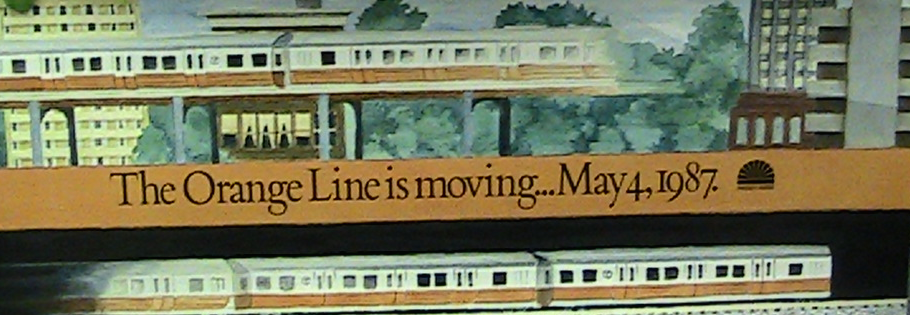
From bostonstreetcars.com | Click to go to site
Housing and Community Development Along the Corridor
Mass Moments - Tent City
Tent City -- from the Looking Backward blog
South End Boston Blog - Methunion Manor
Bike Tours of Historic Roxbury
http://bostonbiker.org/2010/06/02/a-summer-of-cycling-in-roxbury/
Southwest Corridor Park Bookshelf
Bookshelf page: http://www.swcpc.org/bookshelf.asp
Timelines
| May 1987 | New Orange Line opens. |
| ... | With the opening of the new orange line, the SWCP was created, with gardens, tot lots and other features |
| 1988 - 1989 | Southwest Corridor Project wins numerous design awards for urban design |
| April 1988 | Roxbury Community College campus moves from Huntington Ave. |
| April 1989 | The Parkland Management Advisory Committee (PMAC) is mentioned as a continuing part of managing the Southwest Corridor Project |
| May 1990 | Massachusetts District Commission (MDC) celebrates Southwest Corridor Park Grand Opening, May 5, 1990 |
| June 1995 | Reggie Lewis Track and Athletic Center opens |
| October 2004 | Southwest Corridor Park Conservancy organized as a nonprofit organization |
| October 2005 | Carleton Court Dog Park opens |
| June 2008 | Butterfly garden |
| June 2011 | Festival garden |
| June 2013 | Lorber Family Playground opens |
| May 2016 | Children's Garden in Jackson Square begins; continuing an earlier garden that began as a summer jobs teen project |
| June 2016 | Mini-Grant program to support youth and family programming in the park begins |
Pre-Opening Timeline - From the South End Historical Society
| 1948: | A Regional plan is proposed which envisions an expressway along the Southwest Corridor, as part of the Interstate network of highways |
| 1963: | A plan is developed by the state to build I-95 as a 12-lane elevated expressway through Jamaica Plain and Roxbury, as well as an Inner Belt through Lower Roxbury and Fenway into Cambridge. |
| 1966: | The anti-highway movement begins in Cambridge and the demolition begins in Boston. By the end of 1973, more than 500 buildings are demolished. |
| 1969: | A demonstration at the State House brings together highway opponents from various Boston neighborhoods as well as environmental groups |
| 1970: | Governor Francis Sargent, in response to neighborhood and environmental opposition, stops the highway project to begin the Boston Transportation Planning Review restudy. |
| 1971: | The South End convinces Mayor Kevin White to halt plans for the South End By-Pass |
| 1972: | Neighborhood plans for redevelopment of cleared land is vital in convincing Governor Sargent to cancel plans for highway in Southwest Corridor |
| 1975: | Massachusetts becomes the first state to cash in highway funds for mass transit under new federal funding act, which provided Urban Mass Transit Administration (UMTA) funding for Southwest Corridor |
| 1980: | Construction of the new Southwest Corridor project begins, and neighborhoods plan details of park and redevelopment of cleared land |
| 1987: | Opening of the new Orange Line |
| 1989: | Dedication of Southwest Corridor Park |
Park History Panel at the July 6, 2021 PMAC Meeting
Digital discoveries
- Casino Online Migliori
- Casino Fiable En Ligne
- Casino Online Italia
- Sites De Paris Sportifs Autorisés En Belgique
- Site De Paris Sportif Belgique
- Jeux Casino En Ligne
- Jeux Casino En Ligne
- Migliori Siti Non Aams
- Casino Non Aams
- Migliore App Scommesse
- Parier En Crypto
- Sweet Bonanza Avis
- Paris Sportif Ufc France
- ライブカジノ おすすめ
- 出金が早いオンラインカジノ
- Top 3 Nhà Cái Uy Tín Nhất
- Meilleurs Casino Sans Verification
- Meilleur Site Pari En Ligne
- Nouveau Casino En Ligne France
- Casino En Ligne Nouveau
- Meilleur Casino En Ligne Français
- KYC 인증 없는 카지노
- Casino Non Aams
- Migliori Siti Scommesse Bitcoin
- Meilleur Casino En Ligne
- Top Casino En Ligne
- Casino En Ligne Retrait Rapide
- Casino En Ligne
- Free Spin Senza Deposito
- Siti Scommesse Non Aams Sicuri
- Casino Retrait Rapide
- Nhà Cái Uy Tín đến Từ Châu âu
- Meilleure Casino En Ligne
- Casino En Ligne Français
- Meilleurs Casino En Ligne
- Meilleur Casino En Ligne 2026
- Nouveau Casino En Ligne 2026
Community Garden Coordinators Sign-in

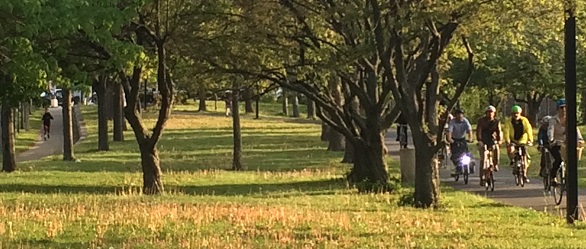
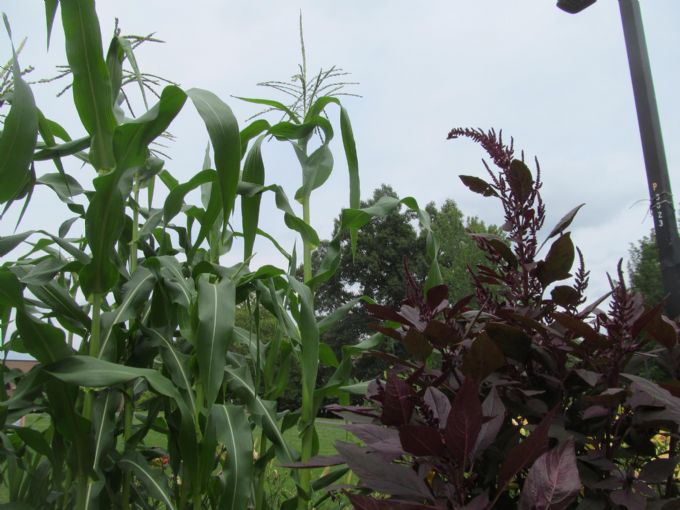

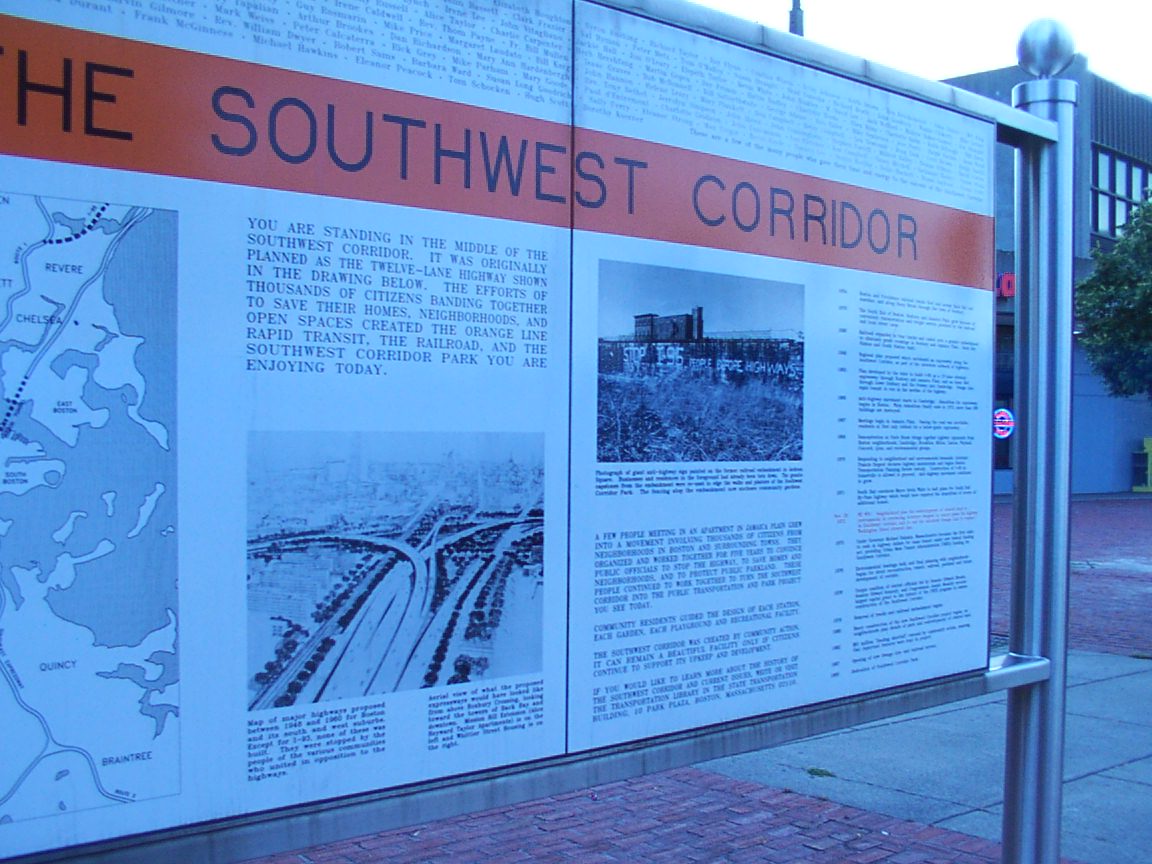
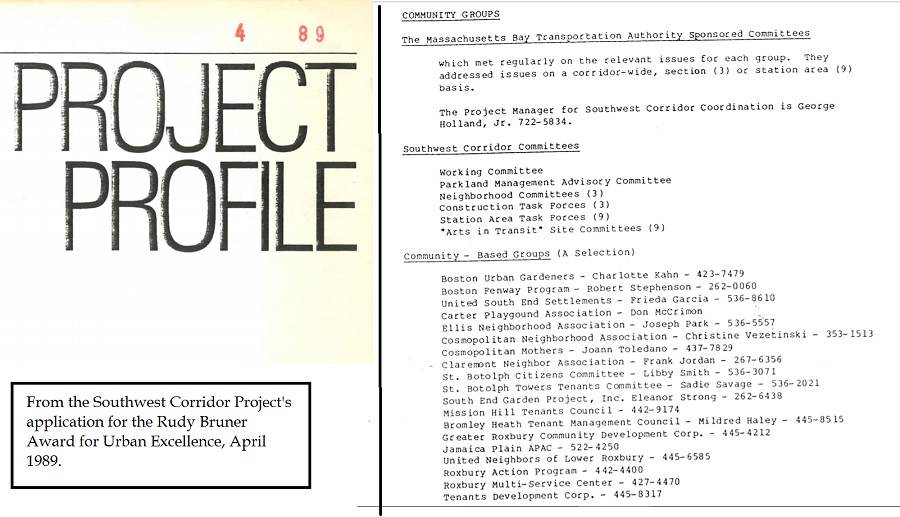
 The Southwest Corridor is a state park managed by the Massachusetts Department of Conservation and Recreation
The Southwest Corridor is a state park managed by the Massachusetts Department of Conservation and Recreation